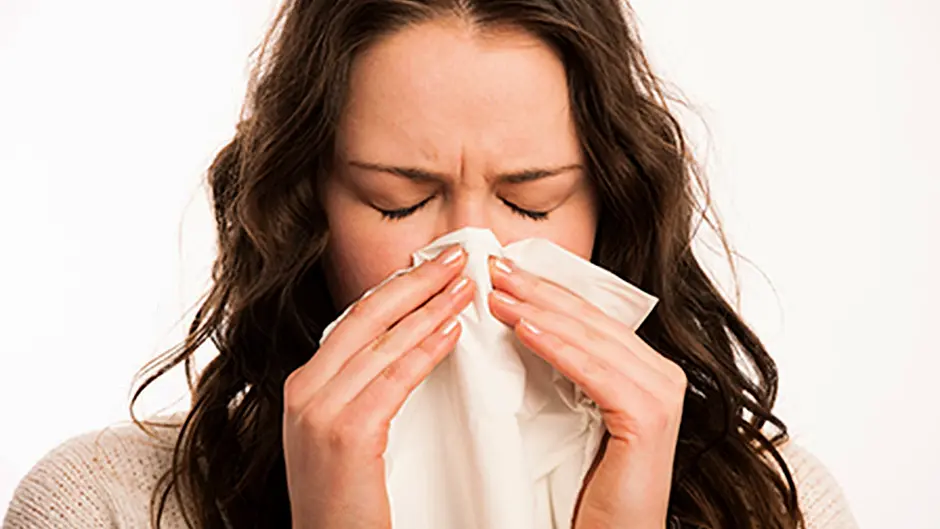STRICT visitor restrictions have been put in place with immediate effect at Cork University Hospital due to the number of patients who have presented with flu-like symptoms.
STRICT visitor restrictions have been put in place with immediate effect at Cork University Hospital due to the number of patients who have presented with flu-like symptoms.
In the interest of patient care and in order to restrict the spread of the flu virus within the hospital, it is necessary with immediate effect to ban all visitors to CUH, with the exception of the Intensive Treatment Unit and the Paediatric Ward, management said today, (Friday).
In relation to patients in the Intensive Treatment Unit and the Paediatric Ward and at the discretion of the ward manager only, visitors have been restricted to one person per patient. The hospital wishes to remind members of the public that visiting hours are from 2-4pm and from 6:30pm-8:30pm only and are to be strictly adhered to.
‘We regret any inconvenience caused to patients and relatives by these necessary measures, which are being taken in the interests of patient care. All infection control measures are in place and every effort is being made to manage and contain the spread of the flu virus,’ the hospital said in a statement.
People with flu like symptoms are advised to contact their GP by phone in the first instance and avoid presenting at the Emergency Department at CUH. ‘We are asking people to think about all their care and treatment options and keep ED services for the patients who need them most.
For example, many patients with limb injuries can go to an Injury Unit in Bantry, Mallow or Gurranabraher. Others with a less serious illness can be treated by their GP or out of hours GP service where their GP can refer them to an Assessment Unit the following day if required.’
The symptoms of this flu usually develop over a matter of a few hours and include a high temperature, sore muscles, dry cough, headache and sore throat. This is different from the common cold, which tends to come on more gradually and usually includes a runny nose and a normal temperature.
‘Covering your nose and mouth with a tissue when you cough and sneeze, disposing of the tissue as soon as possible and cleaning your hands as soon as you can are important measures in helping prevent the spread of influenza and other germs and reducing the risk of transmission,’ the HSE said.








